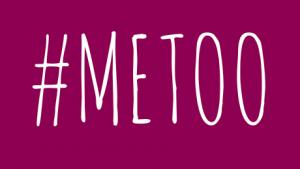Paula Frances Price is a team leader and campus staff member for InterVarsity at the University of Georgia. She is a member of Kappa Kappa Gamma sorority. Paula Frances lives with her husband, Greg Price, and her puppy in Athens, Georgia, where they enjoy hanging out in the park and eating good Southern cooking! You can read more from Paula Frances at her personal blog.
Image by twentyonehundred productions team member Jono Gay.
Blog Categories:






